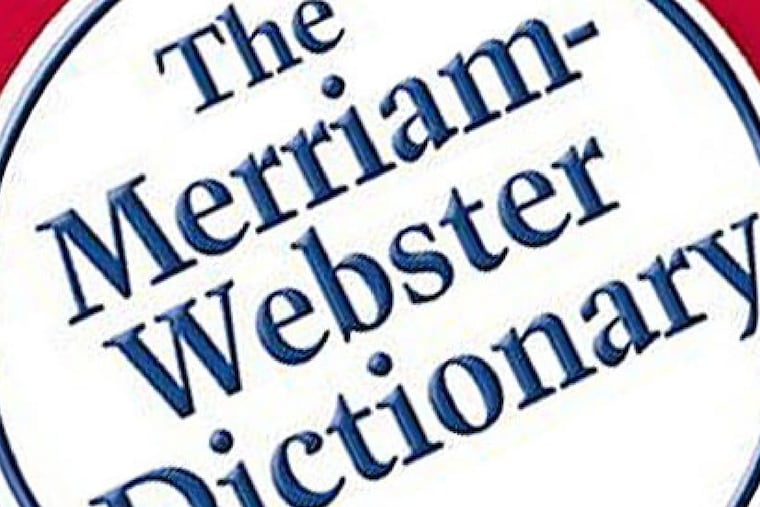Merriam-Webster analyzes 'jawn,' the Wawa of words
It is common here, but not native.

In its most recent "Words We're Watching" online column, Merriam-Webster, a company that has been producing dictionaries for nearly 200 years, takes a look at the Philadelphia favorite jawn (pronounced \ˈjän\). The wordsmiths call it an all-purpose noun that can refer to a single thing or a group of things.
Or a situation.
Or a person.
So, basically anything,
It's like the Wawa of words. And soon it might get full-blown dictionary status, in the manner of Seussian or face-palm.
However, there's a bit of troubling information in the article, according to Merriam-Webster. Although jawn is a Philadelphia word, it's not Philadelphia-born.
According to linguists, jawn comes from joint. As a word, joint is almost 1,000 years old and refers "to the point where two bones meet" (knee, elbow, etc.). Joint then also came to mean a place where criminals meet. The definition was again broadened to mean more of a hangout, like a juke joint or a burger joint. Then New York hip hop artists took joint and further expanded it to refer to a thing as well as a place. (Joint also is another name for reefer, but we're not sure how that fits in.)
From New York hip hop, it reached a West Philadelphia man (Jawn-user Zero, for lack of a better term), who was recorded in 1981 by University of Pennsylvania linguistics professor William Labov and used joint to refer to "a bag, a place, women, and his own genitalia," thus first giving the word the versatility it now enjoys.
As for the change from joint to jawn, that, according to Merriam-Webster, is due to "the phonetics of Philadelphia" and how the pronunciation of the word changed as it moved south.